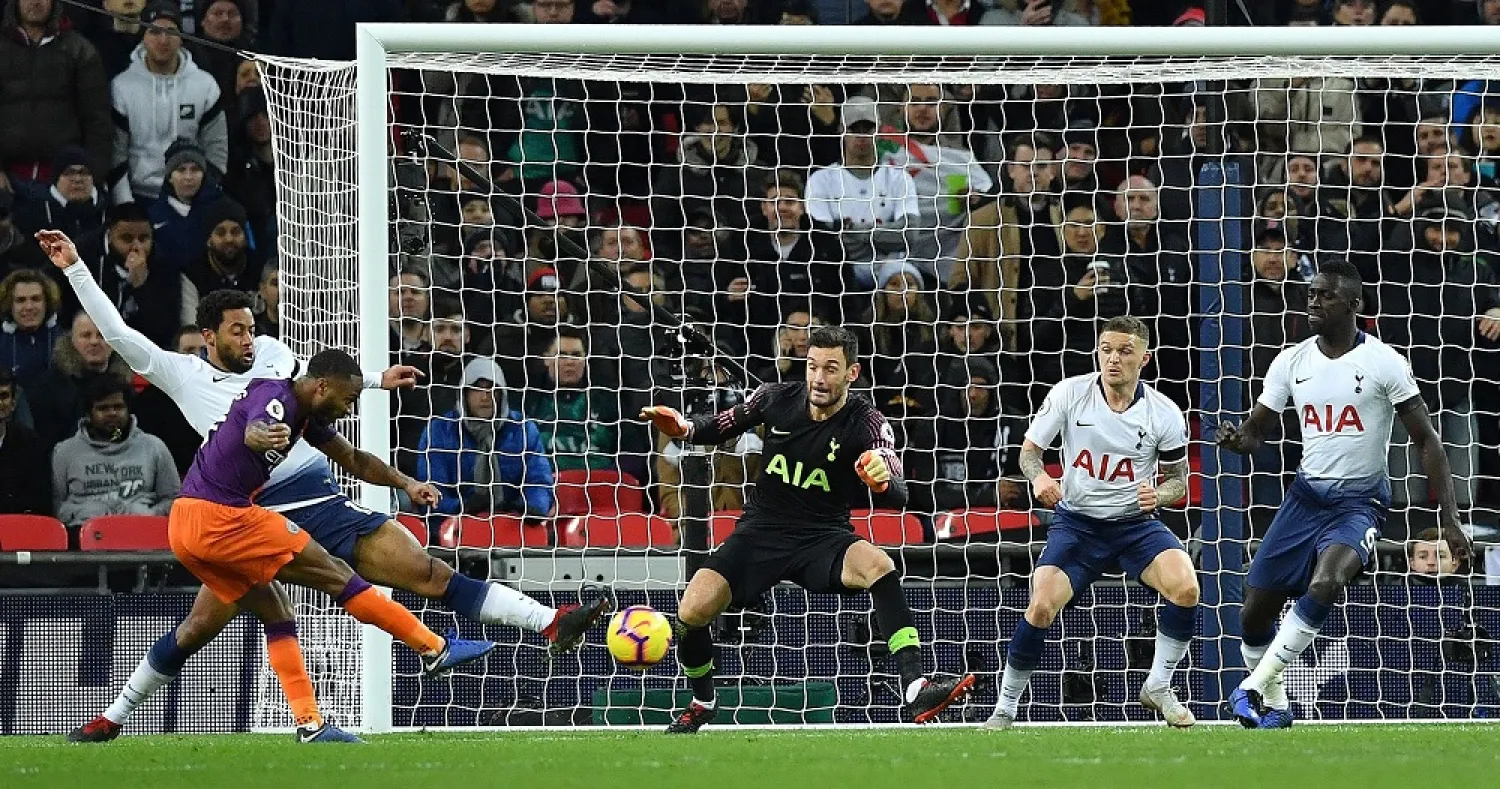We have passed the final international break of the year, the season is a third of the way through, the Premier League table is taking some shape and trends are starting to emerge. With that in mind, we decided to analyze when each team in the league has scored their goals and where they need to improve.
We divided matches into three 30-minute intervals and then worked out which teams were scoring their goals early, which sides were peaking midway through games and which sides were scoring late. A lot of the results are unsurprising but some teams are significantly better in different periods of games – and one team is remarkably consistent.
Slow starters
We begin with the teams that are slow out of the blocks. Perhaps the obvious club that springs to mind in this instance is Manchester United, who have a dismal record within the first 30 minutes of league matches this season. Their goal difference in the first third of matches is -4, which is the same as Huddersfield’s and only better than Wolves, Southampton and Fulham. In fact, Fulham are the only team in the league to have conceded more early goals (Fulham have conceded nine goals in the first 30 minutes compared to Manchester United’s eight).
There was a period when José Mourinho’s team seemed to be stringing together a few comebacks, but their record after the half-hour mark is hardly inspiring. They rank sixth in the league for goal difference in the middle third of matches and just ninth for the final third of games. They did come from behind to beat Newcastle and Bournemouth, but we are not exactly witnessing the rebirth of Fergie Time.
Chelsea have grown into games more than United. Maurizio Sarri’s men have finished matches superbly this season, scoring late against United among many others. Their total of 14 goals in the last 30 minutes of games is the highest in the Premier League – and twice as many goals as Liverpool and Tottenham have scored in the final half-hour.
Leicester have shown the most steady improvement as matches have worn on, starting poorly (ranking 14th for goal difference), settling into the action in the middle third of matches (ninth) and finishing strongly, with a +4 goal difference in the final 30 minutes enough to rank fifth of the 20 teams in the league.
Wolves would also be considerably higher in the league table if they did not start matches so slowly. Nuno Espírito Santo’s side have the second worst goal difference in the division in the first 30 minutes of matches (-6), only for them to spark into life in the next half an hour (+2) and maintain pressure late on (+3).
The team that is improving the most within games, however, is Arsenal. Unai Emery’s side have scored just three goals in the first 30 minutes of their matches this season, a number that soars to 10 in the middle third of games and up to 13 in the final half-hour. If Arsenal could switch on from kick-off, a return to the Champions League would be well within their grasp.
Weak finishers
The teams that finish matches poorly correlate very closely with the standings in the league table. Not one of the top 11 teams in the table has a negative goal difference in the final 30 minutes of matches, whereas all of the bottom nine sides do. Moreover, the severity of each team’s goal difference is almost exactly in line with their place in the table: from Brighton and West Ham (who are 12th and 13th in the league and have a goal difference of -2 for the last 30 minutes), down to Fulham (who are bottom of the table with a goal difference of -11 for the last 30 minutes). There is not much encouragement here for Claudio Ranieri. Fulham are both the league’s slowest starters (-7) and worst finishers (-11); they have conceded more goals in the last half-hour of games than they have scored in the whole campaign.
Crystal Palace, who started the season by beating Fulham but have not won in their last seven matches, are also declining within matches – which is quite remarkable given that they have not scored a single goal within the first half-hour of any of their games this season. They have also kept it tight at the start of matches, with a goal difference of -1 in the first third of games declining to -3 and then -5 as games have gone on.
Liverpool are an interesting case too, though their struggle to finish matches as strongly as they start them has been apparent for some time. Their goal difference of +3 in the final 30 minutes is not bad by any stretch, but it’s a big drop off from the +9 they boast in the middle third of games – and a long way from how Chelsea and Manchester City are finishing games. Jürgen Klopp will need to find a way to bridge this gap if Liverpool are to have any chance of a title tilt. But, in truth, Pep Guardiola’s side are a class apart.
The champions are a picture of relentless consistency, having scored 12 goals in each of the 30-minute brackets assessed, ranking first in the league across all three. They have scored twice as many goals as all but one of the teams in the division in the first 30 minutes and, astonishingly, are yet to concede a goal after the hour-mark. For all of their breathtaking attacking football, City’s defensive resilience when it comes to closing out matches has been a real highlight this season and it is one of the main reasons they are the team to beat once more.
The Guardian Sport









